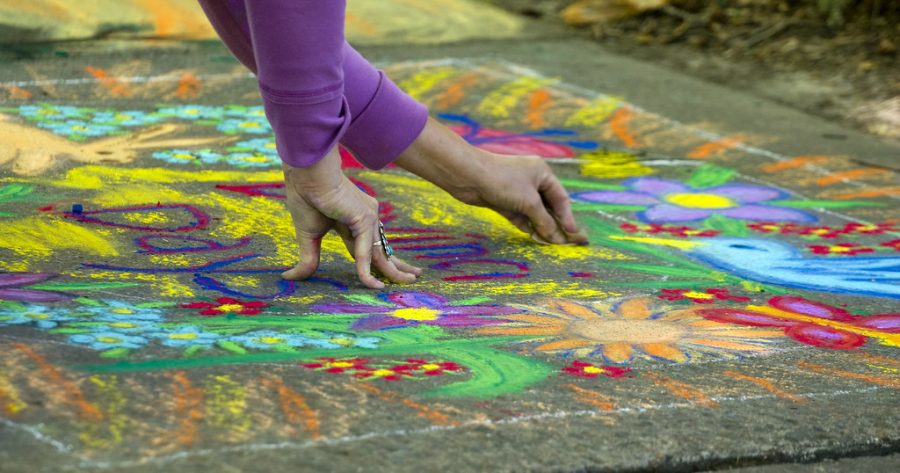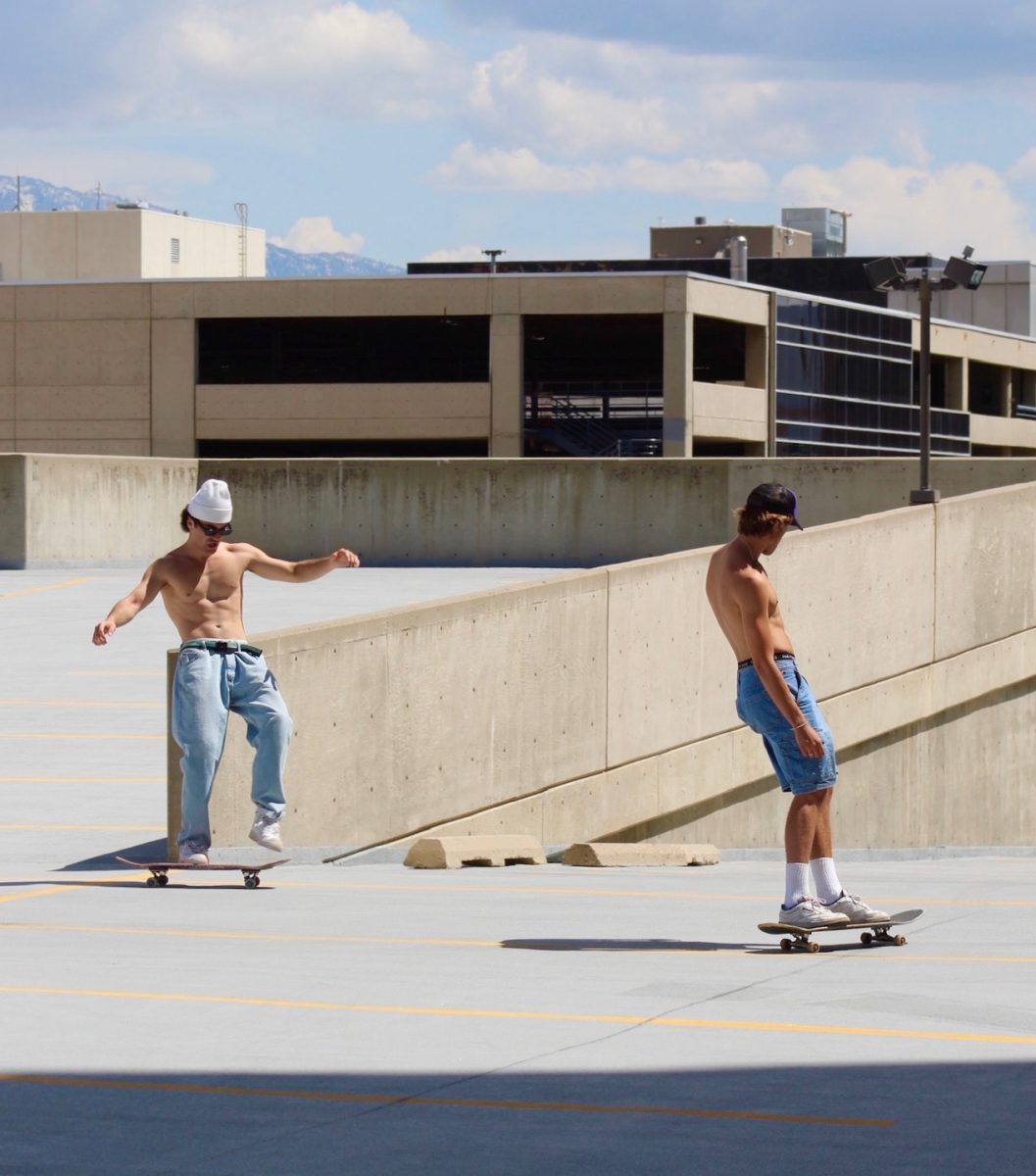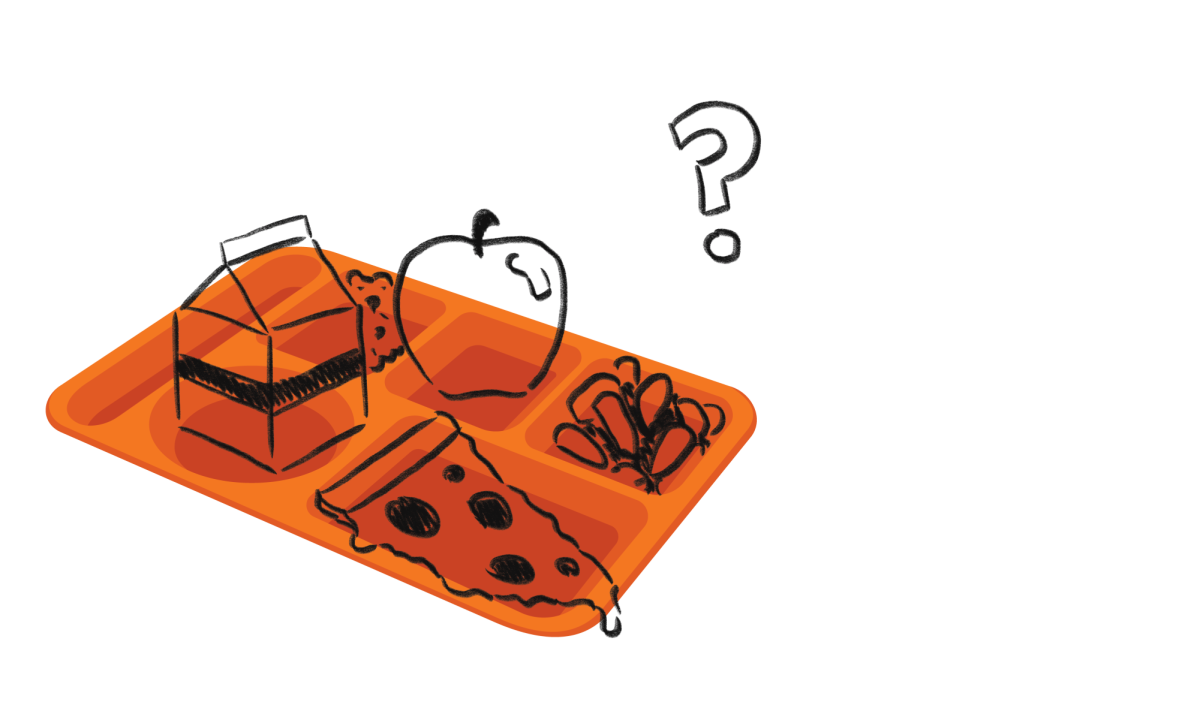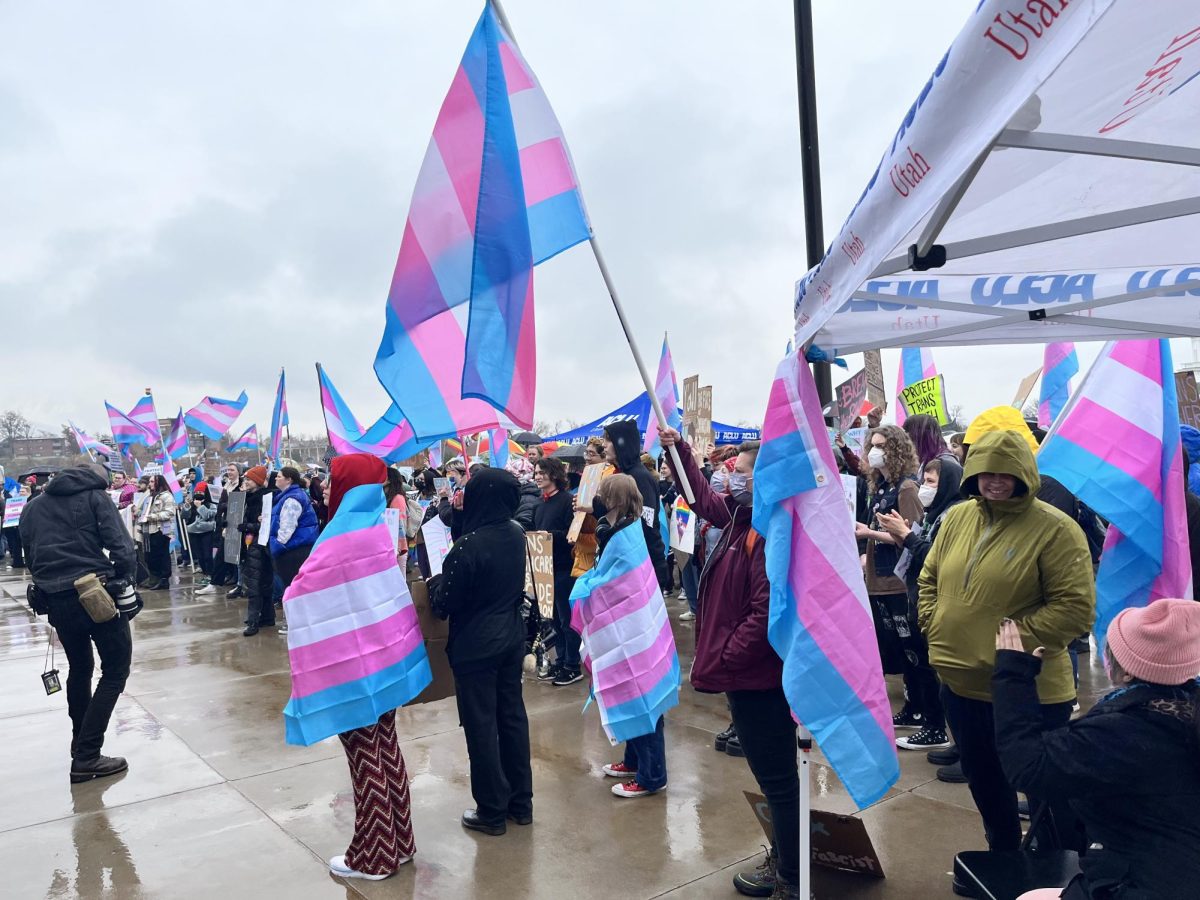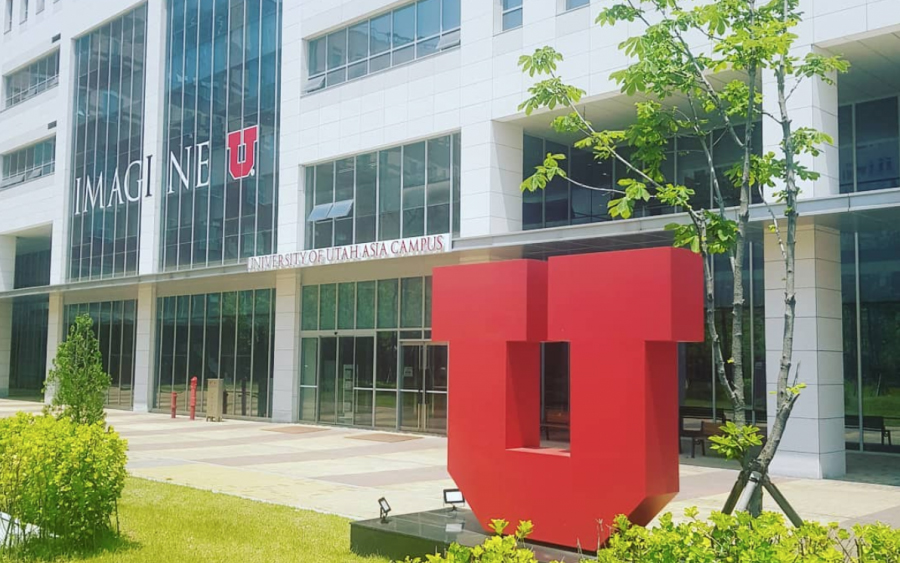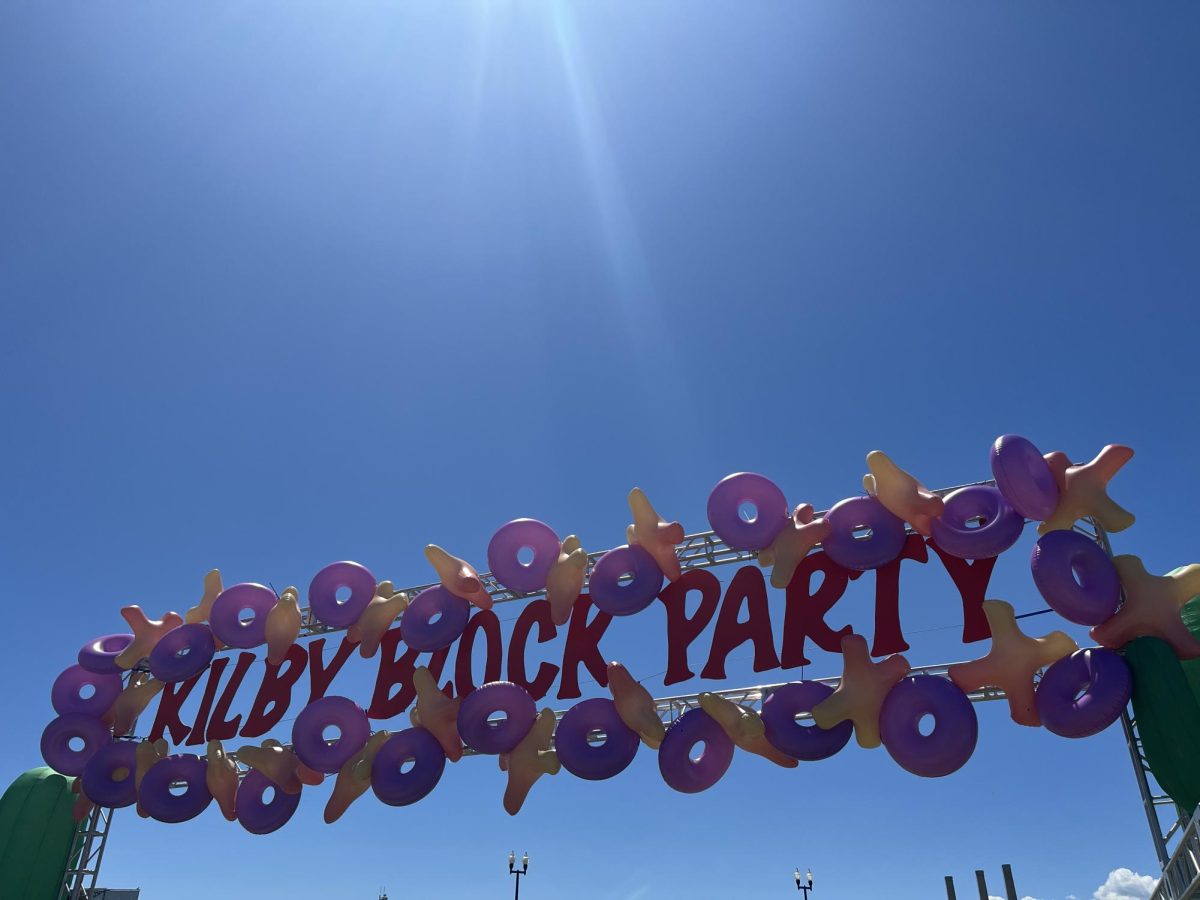Christopherson: Bring the Benefits of Social Distancing into the Post-Pandemic World
Andy Purviance
In Nain Christopherson’s neighborhood, people bonded through sidewalk chalk art. She says that even once social distancing is over, we should bring some of the benefits to our new normal. (Photo by Andy Purveyance | Courtesy Flickr)
April 17, 2020
We are weeks into social distancing and, thankfully, it’s making a difference. Studies are finding states that instituted social distancing or shelter-in-place policies early in this crisis are experiencing much lower death rates than those that failed to do so.
Flattening the curve of COVID-19 cases and deaths is, of course, the biggest reason to stay home except when absolutely necessary. We should shelter in place, really, though Gov. Gary Herbert is still reluctant to enforce social distancing to that extreme. There’s nothing more important now than protecting ourselves and each other from this life-threatening disease. That said, I think we may benefit from self-isolation in other ways and should carry some aspects of this unique time into the post-pandemic world.
Counterintuitive as it might seem, staying home is bringing communities together. Just days after Gov. Herbert’s first press release on the virus, my parents’ neighborhood in Sandy got an early start on bonding with a sidewalk chalk art stroll. We spent an afternoon decorating our sidewalk and driveway with flowers and hopeful messages, chatting with the family across the street as they worked on their own illustrations. The next day, we walked around the block to see our neighbors’ artwork, saying hello and offering compliments on their creativity — from a distance of six feet or more, of course.
Chalk art “galleries” have popped up all over Utah — and they’re just one of many creative ways people around the country are coming together. Brandon Stanton of Humans of New York posted a story recently about neighbors forming a “Quarantine Art Club” and receiving anonymous hand sanitizer deliveries. Like many bookstores and libraries, Salt Lake City’s King’s English Bookshop is holding daily story time via Facebook Live — the kind of community-building event children and families can’t attend when schools are in session. Some restaurants are offering free takeout meals to essential workers in the healthcare and service industries, while families make efforts to support local restaurants in their own areas.
All this getting to know our neighbors still leaves plenty of time in a day of working and doing school work from home, though. And while that can get old at times, there’s something to be said for a life without the busy rush of a dozen extracurriculars, social gatherings, church events and other activities. This is the perfect time for many of us to develop mindfulness habits like meditation — which has proven mental and physical health benefits — start reading for leisure and enjoy the outdoors. As I’ve navigated my own experience with this pandemic, finally having time to set aside for these kinds of slow, peaceful activities has brought me relief from Twitter and the news.
While there are bright sides to this pandemic, it’s important to mention that not everyone is so privileged to be able to work from home. Millions of Americans have lost their jobs, while others are made to risk their lives daily to keep the rest of us safe and well-fed. Some families are experiencing domestic abuse as they self-isolate under volatile and dangerous circumstances. And of course, it can be difficult to find the silver lining in a catastrophe that threatens your life or mars it with the loss of loved ones.
My hope is that each of us will learn to recognize and feel gratitude for whatever privileges we’re experiencing as we face this global crisis — and have the wherewithal, compassion and discipline to maintain the sense of community and mindfulness we’ve built through social distancing long after it is no longer necessary.
n.christopherson@dailyutahchronicle.com
Editor’s note: Signs and symptoms of COVID-19 include fever, dry cough, tiredness and shortness of breath. These symptoms are believed to occur between two and 14 days after a person is exposed to the disease. If you have these symptoms and have recently come into contact with a person who is known to have COVID-19, or if you have recently traveled to an area with community spread of the disease, you should call your doctor. Areas with community spread of COVID-19 are believed to include China, South Korea, Italy, Iran and Seattle. If you do not have a doctor who you visit regularly, please call the Utah Coronavirus Information Line at 1-800-456-7707 or the University of Utah Health hotline at 801-587-0712. Do not go to a healthcare facility without first making arrangements to do so.


